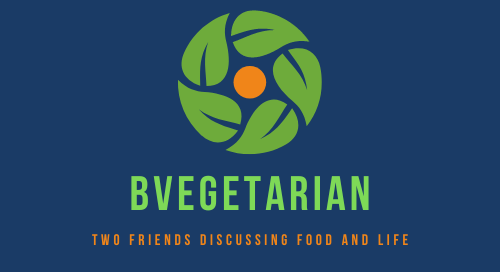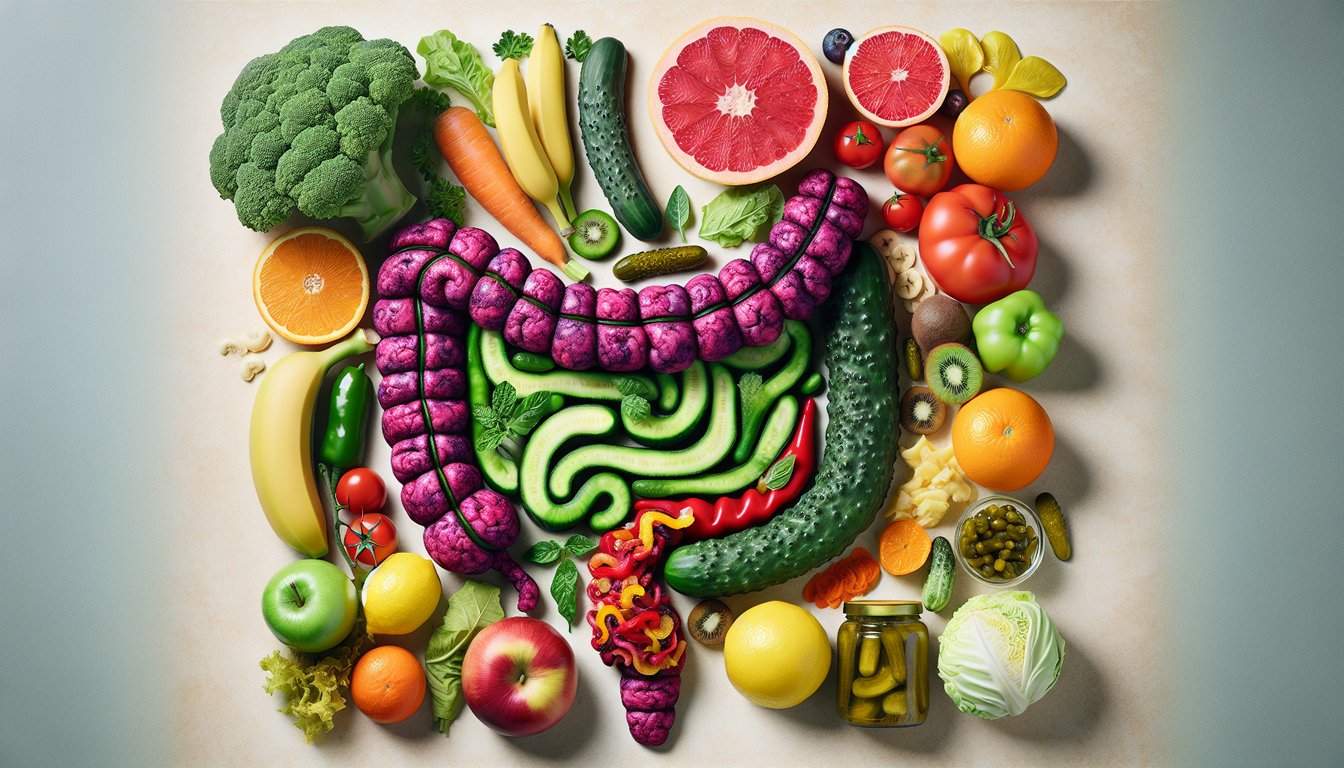When you search online for the health benefits of being a vegetarian, you’ll find a plethora of claims, including reduced obesity, diabetes, hypertension, cancer risk, cholesterol, and improved mental health. But are these benefits real or just wishful thinking? Let’s delve into the data.
People choose vegetarianism for various reasons, such as health benefits, religious beliefs, sentimental values, non-cruelty, and environmental impact. Today, we’ll examine the available data to see if these health benefits are truly achievable. Like everything else in life, vegetarian diets can be healthy or unhealthy. Healthy vegetarian diets typically include complex carbohydrates and minimally processed foods, rich in monounsaturated and polyunsaturated fatty acids. These diets have been shown to reduce diabetes and cardiovascular disease by improving glucose tolerance, immune function, and lowering insulin, LDL, blood pressure, and stress. On the other hand, unhealthy vegetarian diets often consist of high amounts of refined carbohydrates, unhealthy fats, excessive salt, and artificial sweeteners, leading to increased cardiovascular morbidity and mortality through inflammation, cholesterol, LDL, insulin resistance, and hypertension.
In our intestines, there’s a universe of beneficial bacteria that feeds on the foods we consume. A study on the American Adventist population found that omnivores had an average BMI of 28.3, semi-vegetarians had an average BMI of 27.3, and vegetarians had an average BMI of 26.1. Vegans had the lowest BMI, averaging 24.1.
Short-chain fatty acids produced in our intestines by the breakdown of resistant starches and oligosaccharides may help reduce the risk of coronary artery disease, cancer, and even dementia.
Studies indicate that in obese women, high protein intake (up to 1.3 g/kg/day) can hinder improvements in insulin sensitivity compared to a normal protein diet (0.8 g/kg/day). Prospective studies have noted reductions in hypertension, type II diabetes, cardiovascular disease, and dementia. A small prospective study in Taiwan, which included 5710 participants, found that vegetarians had a lower risk of dementia than non-vegetarians.
When discussing potential health benefits, we must also consider the health risks for vegetarians and vegans. Some vegetarians, especially vegans on strict diets, may be at high risk for hemorrhagic stroke, bone fractures, and vitamin and mineral deficiencies, particularly in growing children, pregnant, and breastfeeding women.
I would not recommend taking vitamin B12 from algae, as evidence suggests that vitamin B12 from spirulina may not be bioavailable and may inhibit B12 metabolism. Vitamin B12 from duckweed is bioavailable. Vegetarians may also face deficiencies in iron, zinc, and occasionally riboflavin. Additionally, consuming too much broccoli and cabbage can lead to excessive calcium absorption due to their low oxalate content.
Vegetarians can live under a false sense of security, consuming mostly refined grains, potatoes, high sodium preserved vegetables, fried foods, gluten-free/vegan cookies, and sugar-sweetened beverages, which do not appear to reduce cardiovascular risk.
For those aiming for weight loss, vegetarianism is beneficial, but I recommend sensible caloric restriction, regular exercise, and considering adding small amounts of cold-water fatty fish to the diet. Vegans may be at elevated risk for hemorrhagic stroke and bone fractures if they do not carefully plan their diet.
On the other hand, meat consumption may increase the risk of colorectal cancer due to the high carnitine content. Vegetarian diets may also cause bloating and flatulence due to increased FODMAPs.
A diet rich in nuts and fiber from barley and psyllium may reduce plasma low-density lipoprotein. A recent systematic review and meta-analysis suggests that vegetarian diets may not be associated with significant improvements in memory compared to omnivorous diets.



